In Pics: Hyundai to launch Ioniq 5 EV as brand's second electric vehicle in India
Hyundai has announced its aspirational EV plans stating that the company plans to invest Rs 40 billion ($530 million) to launch six electric vehicles in India by 2028. Hyundai, India's second largest carmaker, will launch the Ioniq 5 EV as its second electric car in the country. Apart from the same, Hyundai to offer affordable and premium electric models including sport utility vehicles (SUVs) and sedans, starting with Ioniq 5 in 2022. Hyundai has also officially unveiled the range and efficiency figures for the electric hatchback. The Ioniq 5 with 225-horsepower single-motor version with the 77.4-kWh battery pack will have 488 km mileage and it's the most efficient version of the car. There's also a second motor that can be added to churn out 320 horsepower and all-wheel drive with 412 km range.
)
South Korea's Hyundai Motor Co was the first maker in India to launch an electric SUV with over 400 km battery range in the form of Kona EV.
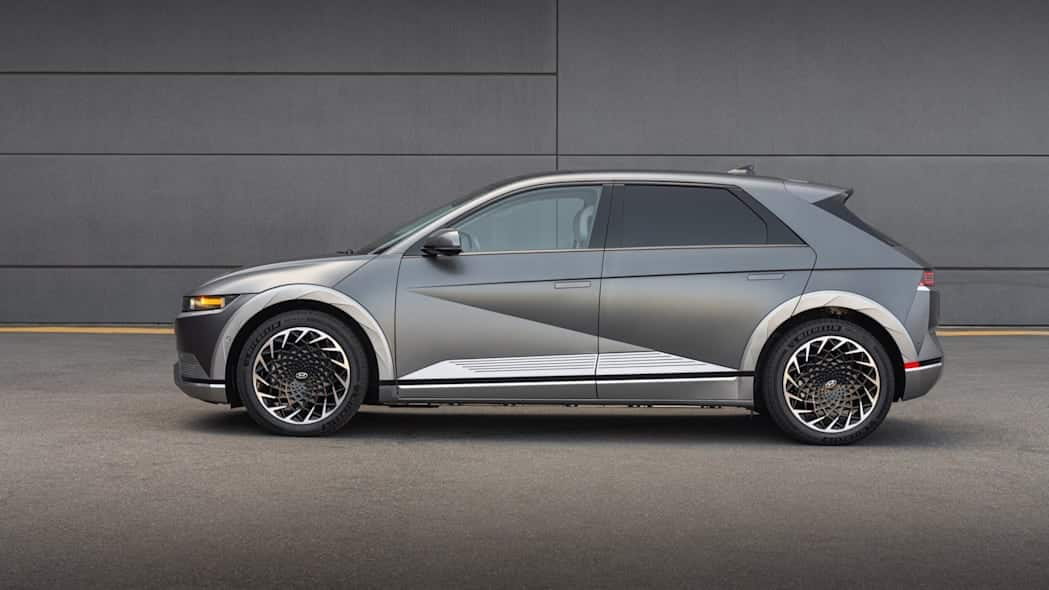
Hyundai will launch the Ioniq 5 EV as its next product in India and has showcased the hatchback in the counry at multiple occasions hinting at an imminent launch.
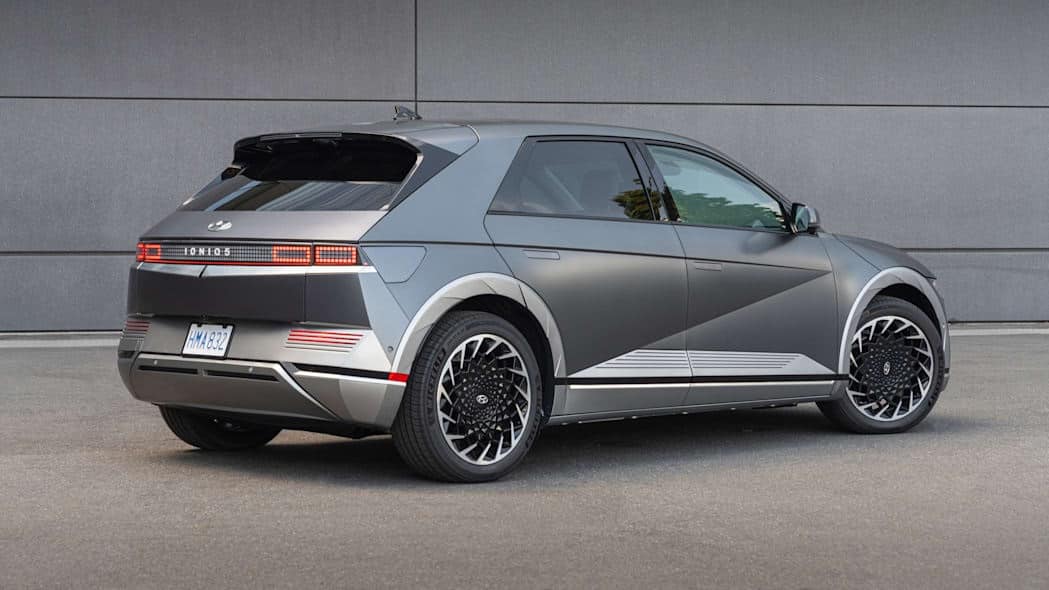
Apart from Kona and Ioniq 5, Hyundai will launching 4 more electric vehicles in India by 2028, with an investment of Rs 40 billion.
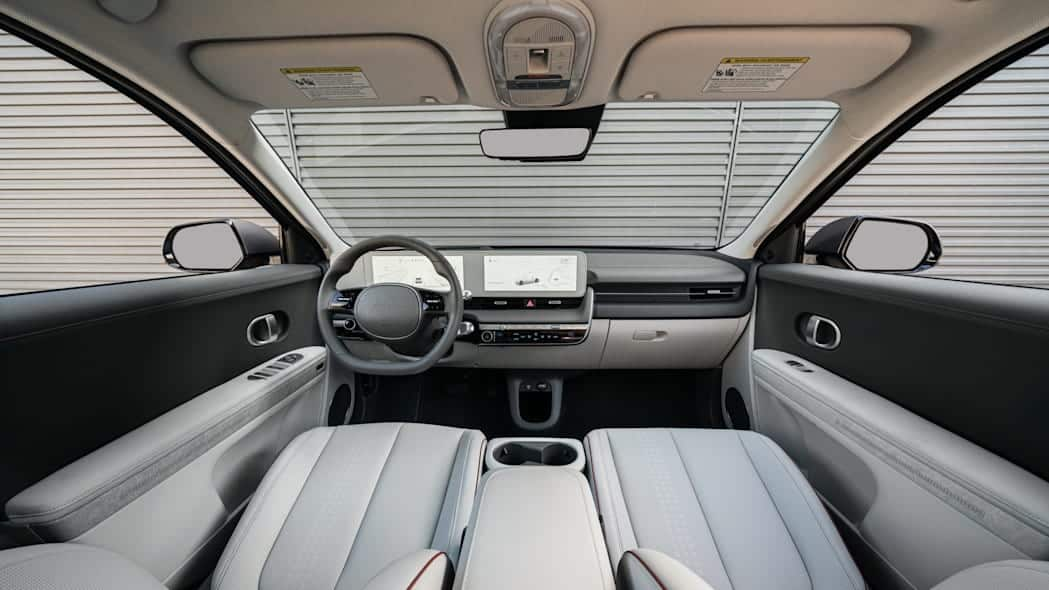
Hyundai will be bringing its dedicated electric global modular platform (E-GMP) to the country. The cars built on its dedicated electric platform will have a range of up to 800 kilometres, whereas the others will be able to run for 350-400 kilometres on a single charge.
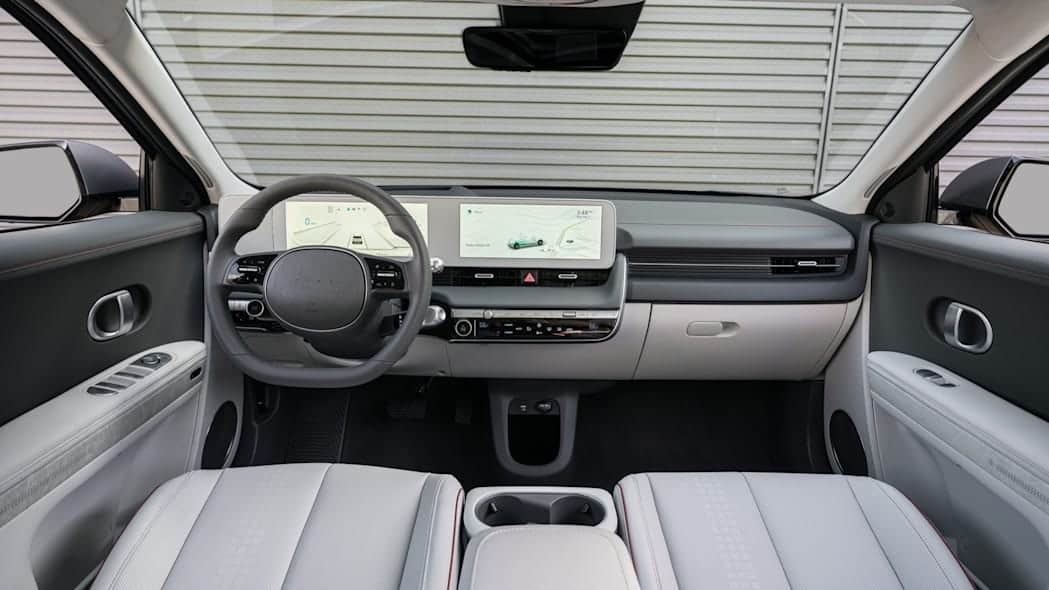
As for Hyundai Ioniq, the variant with 225-horsepower single-motor version and 77.4-kWh battery pack will have 488 km mileage and it's the most efficient version of the car. There's also a second motor that can be added to churn out 320 horsepower and all-wheel drive with 412 km range.
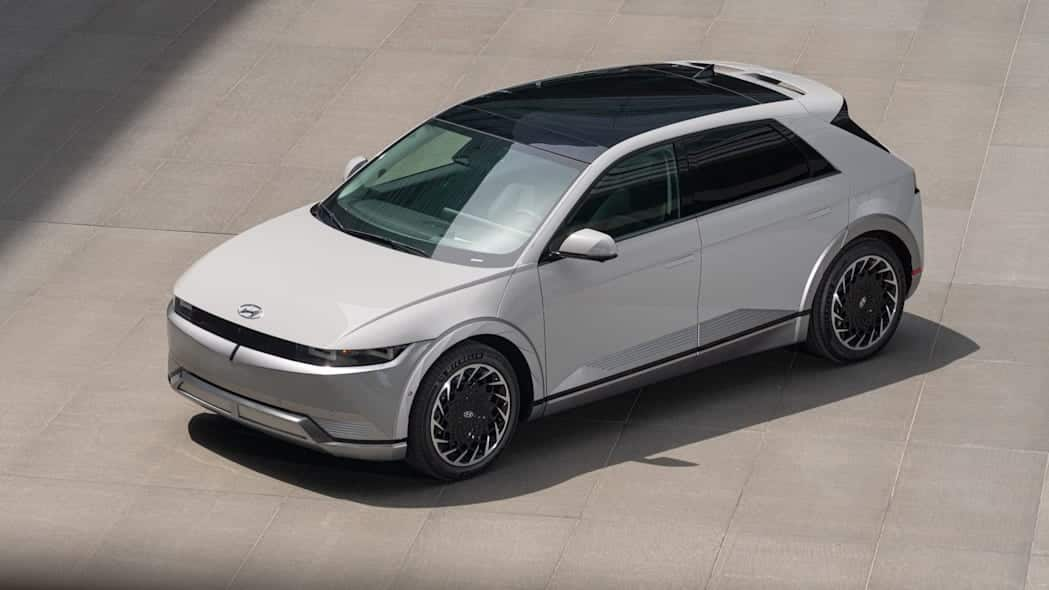
Hyundai is in talks with suppliers to locally source and manufacture components for its EVs, which will help it make the cars more affordable. In addition to providing home chargers, Hyundai is also looking to form strategic tie-ups to provide public charging facilities.
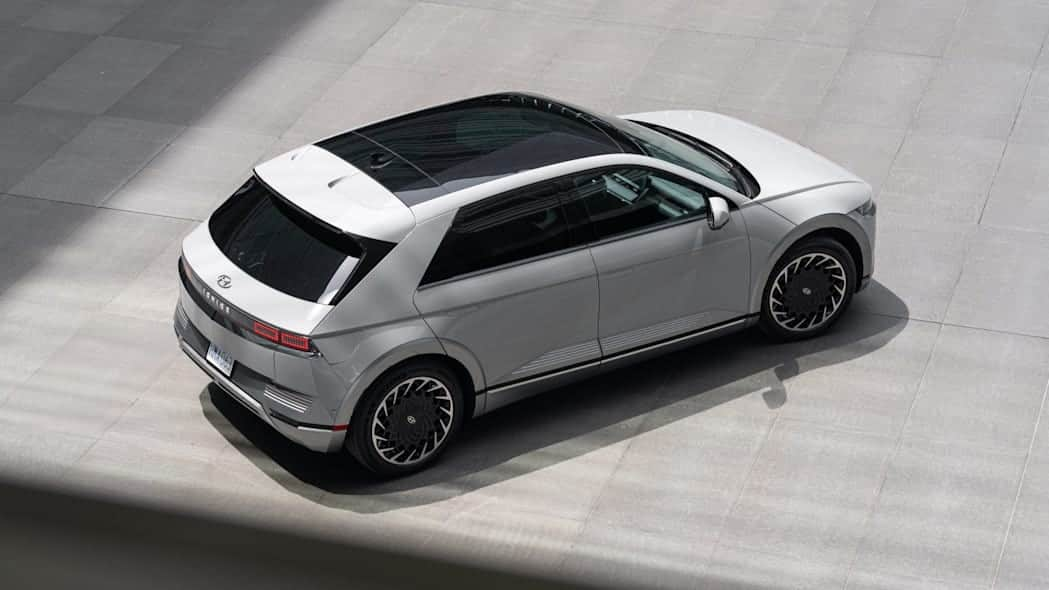
Hyundai joins rivals Tata Motors and Mahindra & Mahindra in throwing its weight behind EVs at a time when India is pushing automakers to go electric as it looks to reduce pollution and fuel imports.
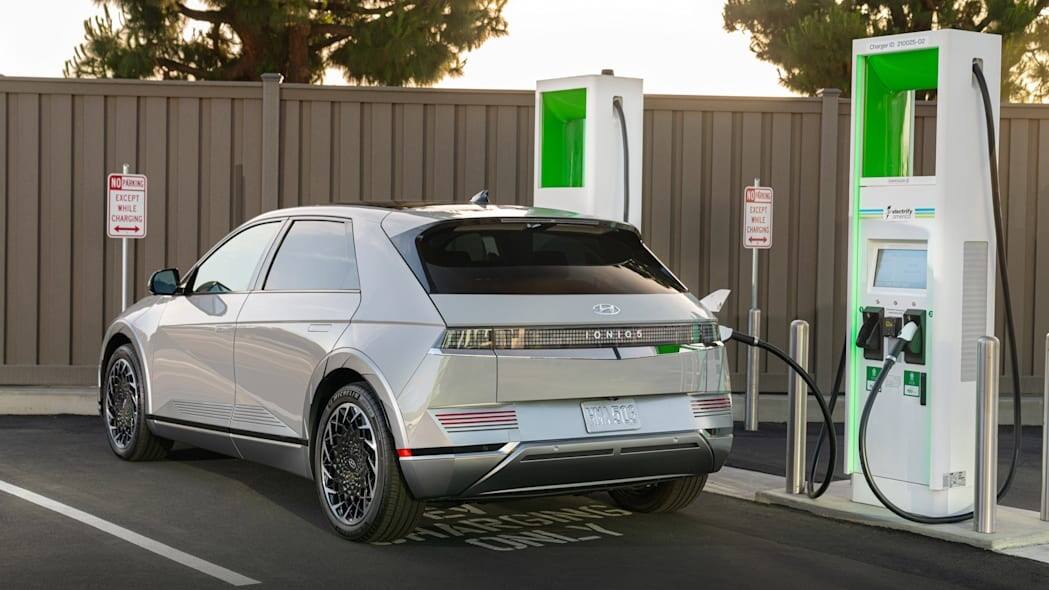
Stricter emission regulations by governments are propelling automakers globally to invest in EVs, sales of which are expected to increase to about a quarter of total global vehicle sales by 2030 from about 2% today.
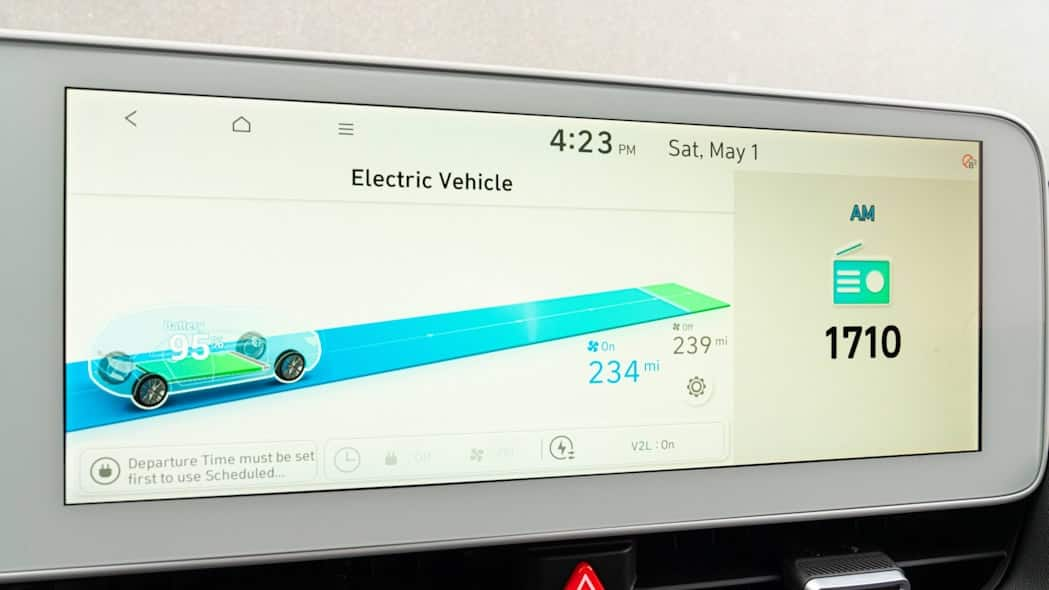
Hyundai, India's second largest carmaker, will launch affordable and premium electric models including sport utility vehicles (SUVs) and sedans, starting with its second electric vehicle (EV) in 2022.
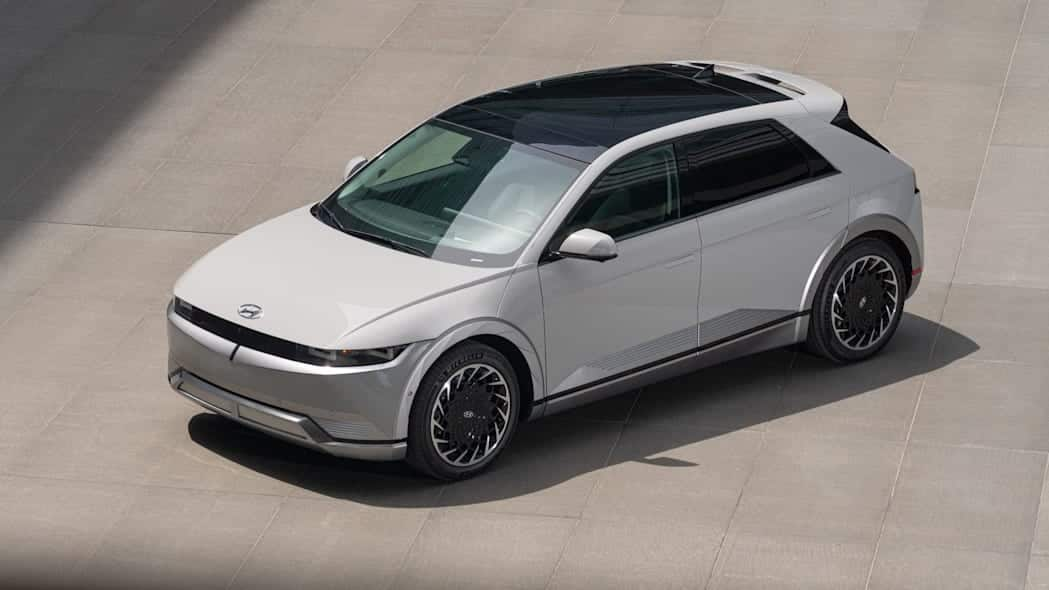
The company in 2019 launched its Kona EV in India but sales were tepid as the price was high and charging infrastructure was negligible at the time.

